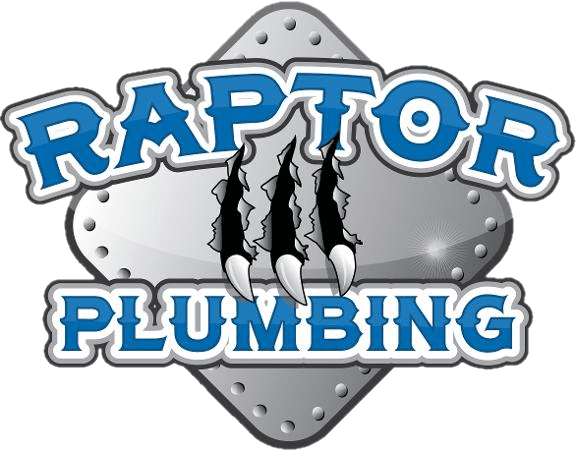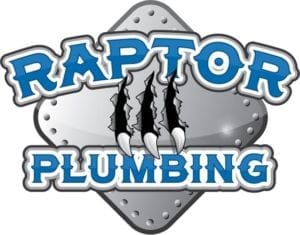DIY Plumbing Repair vs. Professional Assistance
When faced with a plumbing issue, the question arises: tackle it yourself or call in a professional. While some repairs can be DIY-friendly, others may require the expertise of a trained plumber. Let’s weigh the pros and cons of DIY plumbing versus professional services to help you decide the best course of action for your home.
DIY Plumbing Repair

DIY plumbing repairs can be cost-effective and empowering, allowing homeowners to save money and learn new skills. Minor issues such as clogged drains, leaky faucets, or fixtures that need replacing may be manageable for DIY enthusiasts with basic tools and know-how. However, DIY repairs carry risks, including potential damage to pipes, improper installations, and safety hazards if not executed correctly.
Professional Plumbing Services

Hiring a professional plumber ensures expertise and peace of mind, especially for complex or extensive plumbing projects. Professional plumbers have the training, experience, and specialized equipment to diagnose and resolve issues efficiently. Licensed plumbers can provide quality workmanship and long-lasting solutions, from identifying hidden leaks to repairing sewer lines. While professional services may come at a higher cost, the investment can prevent costly mistakes and ensure the safety and integrity of your home’s plumbing system.
Factors to Consider
When deciding between DIY and professional plumbing repairs, consider factors such as the issue’s complexity, your skill level and experience, safety concerns, and the potential cost savings versus the value of professional expertise. While DIY may be suitable for minor repairs or maintenance tasks, it’s essential to recognize when a problem requires professional intervention to avoid further damage or safety risks.
Expert Advice
Consult with a trusted plumber or plumbing contractor for guidance on whether a repair suits DIY or requires professional attention. Plumbers can provide valuable insights into the nature of the problem, potential risks, and the best course of action to ensure optimal results and long-term plumbing performance.

